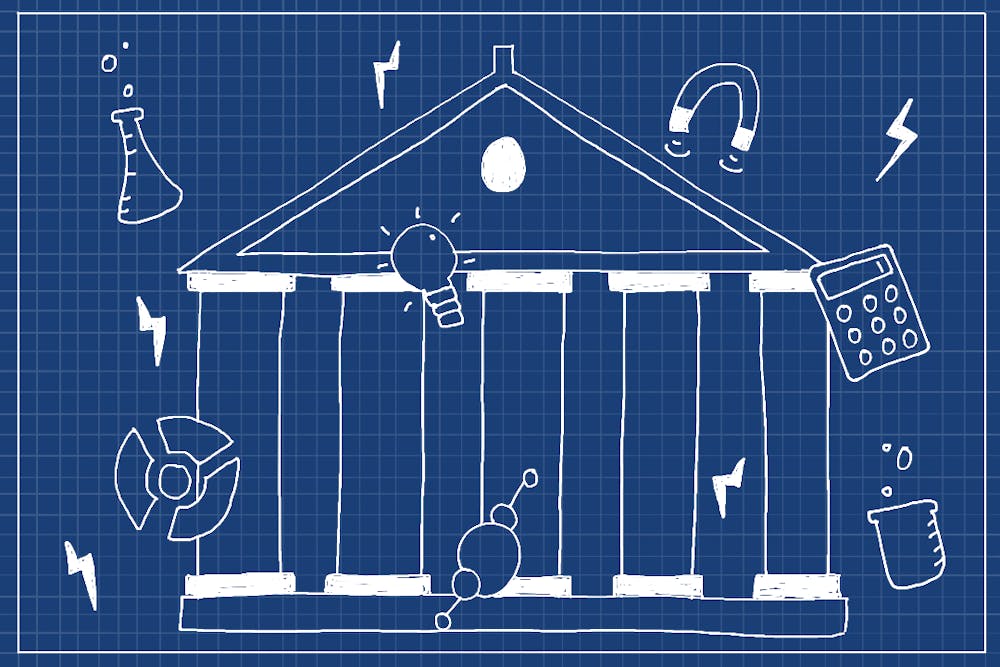On April 11, ASU held a digital event called "How Can Scientists Become Players in the Long Game of Policy Change?" Panelists discussed the subject of policy entrepreneurship.
While the influence of policy entrepreneurs is well-documented, their unique place within the scientific, political and economic spheres is less clearly defined.
One of the event participants was Lisa Margonelli, the current editor-in-chief of the Issues in Science and Technology publication, a partnership between ASU and the National Academy of Sciences. She mentioned Arthur Rosenfeld, who serves as an example of a policy entrepreneur.
"(Art) was a physicist who realized if we made refrigerators more efficient and less wasteful of electricity, California could avoid building more nuclear power plants," Margonelli said in an email. "Art relentlessly proposed policies to change the way we use energy — some made energy use more efficient, others changed the way that electric power utilities made profits so that they would also focus on reducing energy use rather than selling more electricity."
Another speaker at the event was Erica Goldman, the Director of Science Policy at the Federation of American Scientists, who confirmed the informative role of policy entrepreneurs in the legislative process.
"Policymakers are incredibly busy," Goldman said. "Every sort of minute of their day is taken up by lots of meetings. A single staff member in Congress might have close to a dozen issues in their purview and their portfolio."
Compared to similarly influential roles in Congress, the process of becoming a policy entrepreneur and the details of one's qualifications are vague.
A third speaker at the event was Michael Mintrom, a professor of public policy at Monash University. According to him, becoming a policy entrepreneur is about marketing your research to policymakers.
"How could an ordinary scientist or someone who’s not sort of a superstar have influence?" Mintrom said. "The first thing is to sort of say, 'What is it that (I) want to do?' Policy entrepreneurs can actually start at a very local level (and don't) have to be trying to solve the risk of nuclear war. They might not be people who are particularly focused on politics, but they will have to become that way."
The modern use of the term began with a political scientist named John Kingdon, whose definition of policy entrepreneurs includes anyone from scientists in research groups to elected officials.
"From my perspective, I represent kind of the outside-of-government policy entrepreneurship perspective, I think, as a practitioner and not (as a) scholar," Goldman said.
Importantly, there is no distinction between policy entrepreneurs on the topic of personal interests.
"A policy entrepreneur is a person who takes an entrepreneurial approach to helping in the change or the steering of policy," Margonelli said. "Their defining characteristic, much in the case of a business entrepreneur, is their willingness to invest resources, time, energy, reputation and sometimes money in the hopes of a future return."
Despite experts engaging with and discussing the topic, definitions of policy entrepreneurship vary between individuals. While the position is geared towards a mix of science and politics, its current vagueness is uncharacteristic of both fields.
Edited by River Graziano, Walker Smith and Grace Copperthite.
Reach the reporter at hrhea@asu.edu.
Like The State Press on Facebook and follow @statepress on X.

Hunter is a senior studying technological leadership. This is his fourth semester with The State Press. He has also worked as a legislative intern.




